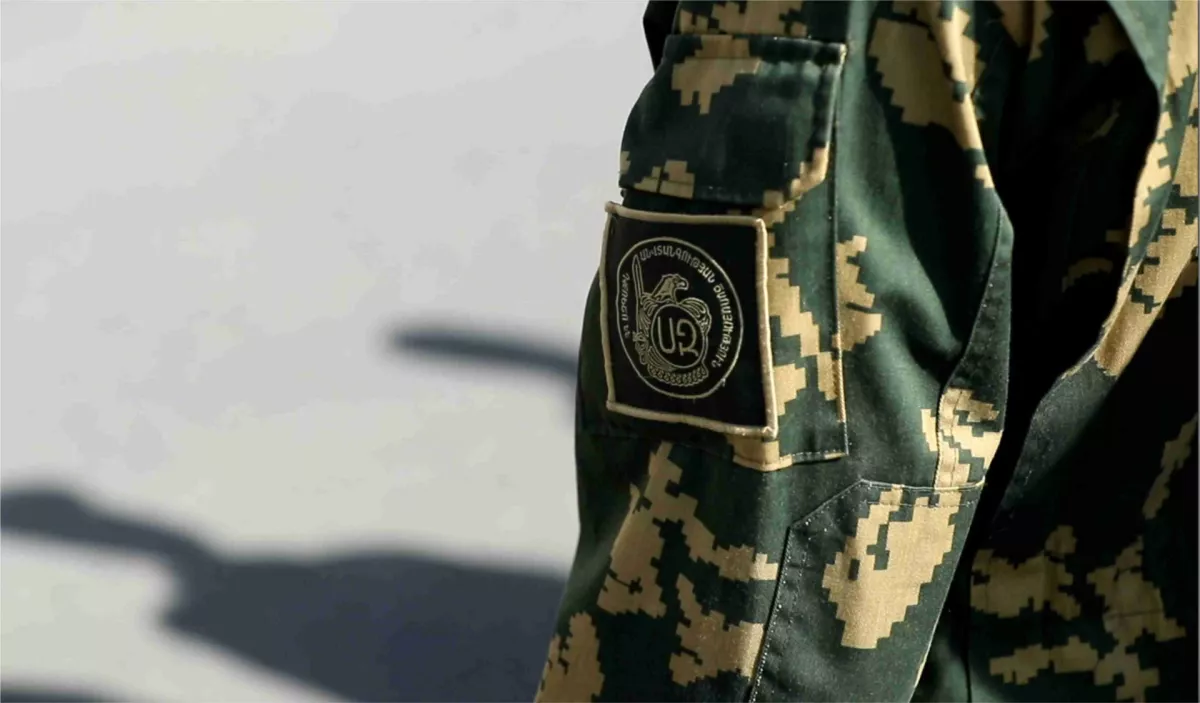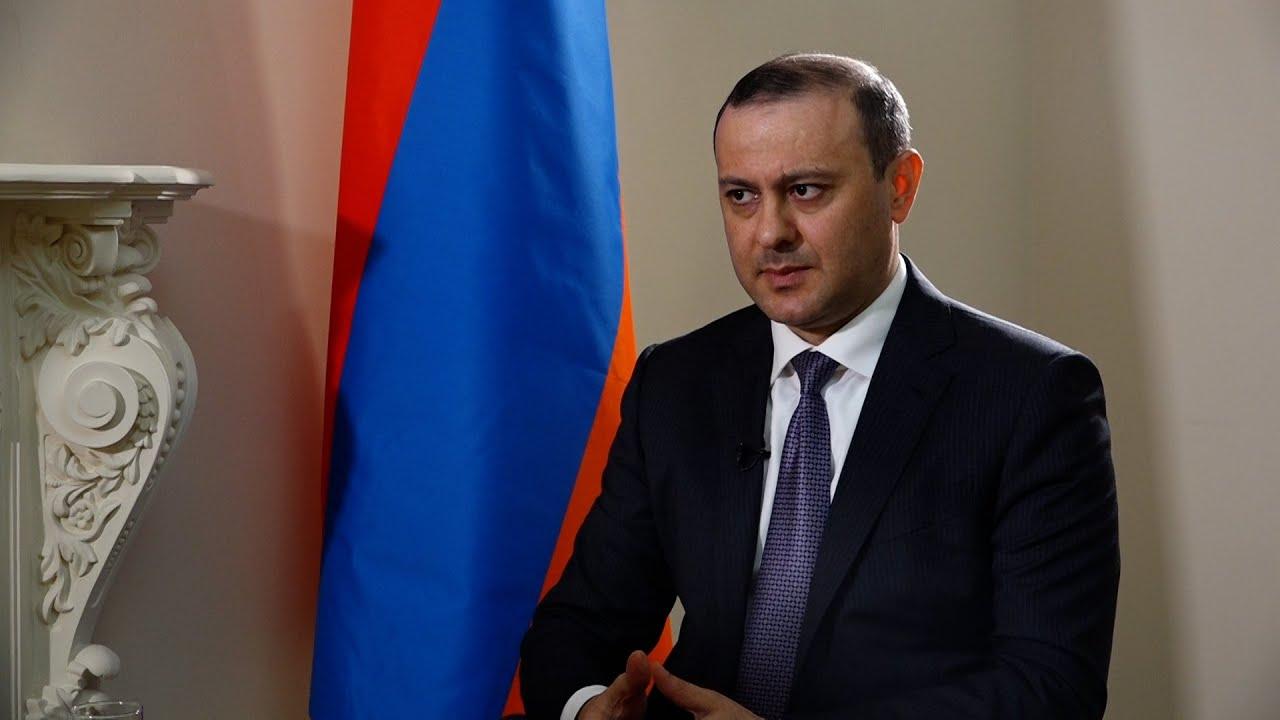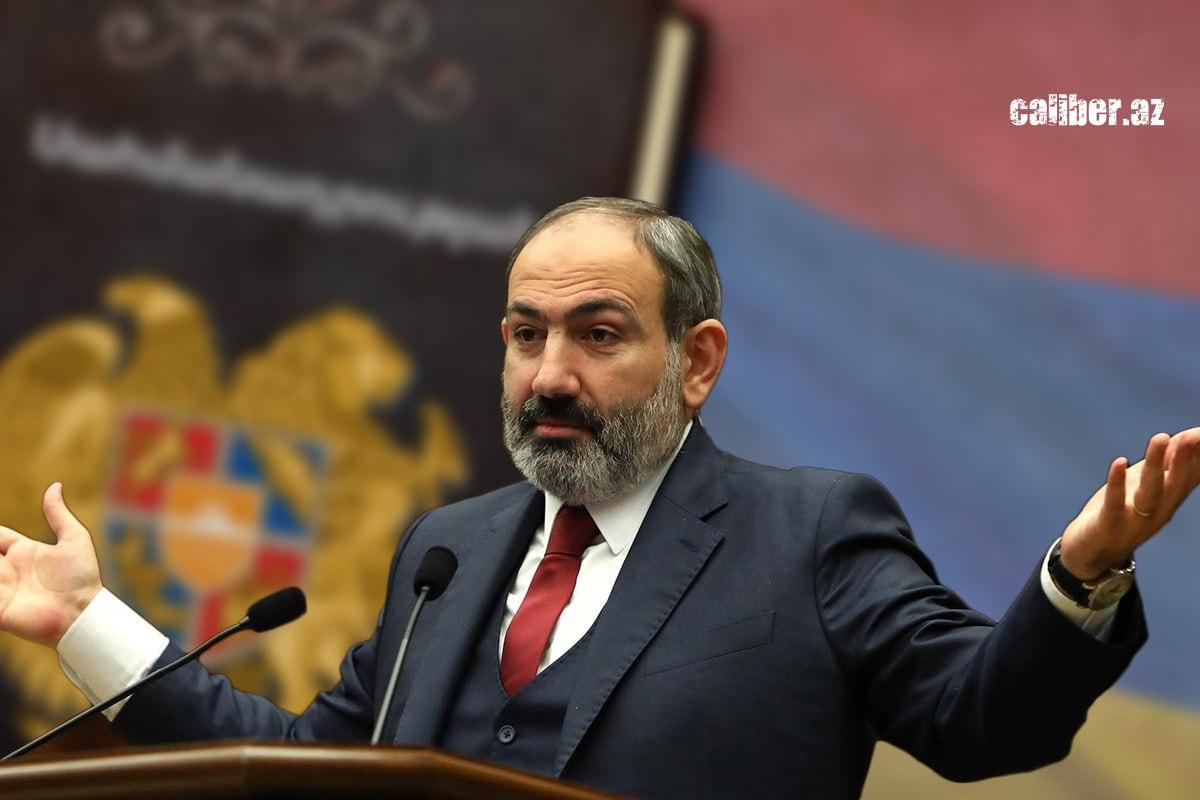Zangezur Corridor: Armenia's manipulation of regional connectivity Analysis
During a meeting in Moscow, Russian President Vladimir Putin and Armenian Prime Minister Nikol Pashinyan reached an agreement that, starting on January 1, 2025, Russian border guards will no longer be stationed at the checkpoint on the Armenia-Iran border. It was further decided that, from this date, Armenia’s National Security Service Border Troops will take part in guarding both the Armenia-Iran and Armenia-Türkiye borders. Previously, these sections of the Armenian border were solely managed by the Russian Federal Security Service (FSB) Border Guard.
By "diluting" the presence of Russian border guards with its own personnel on the border with Iran, Armenia is essentially casting doubt on the implementation of a key provision of the Trilateral Statement of November 10, 2020, concerning the unblocking of communications and the opening of the Zangezur Corridor. In the document signed by Nikol Pashinyan on November 10, 2020, Point 9 states: "The Republic of Armenia guarantees the safety of transport links between the western regions of the Republic of Azerbaijan and the Nakhchivan Autonomous Republic in order to organize an unimpeded movement of citizens, vehicles and goods in both directions. Control over transport shall be exercised by the bodies of the Border Guard Service of the Federal Security Service (FSB) of Russia." There is no mention of Armenia's National Security Service Border Troops sharing control over movement in the Zangezur Corridor alongside Russian border guards.

It turns out that if transit begins through the Zangezur Corridor between mainland Azerbaijan and Nakhchivan, Armenian border guards, "together" with Russian forces, would be tasked with overseeing the section along the Armenia-Iran border. This involvement of Armenian border guards not only contradicts Point 9 of the November 10, 2020, statement, but would likely disrupt normal transit operations. Armenian guards, even when "cooperating" with Russian counterparts, would likely find various pretexts to delay or block the passage of Azerbaijani goods and citizens—especially if relations between Armenia and Azerbaijan deteriorate again. While it is possible to assign exclusive responsibility for transit in the Zangezur Corridor to Russian border guards, it seems Yerevan has no intention of doing so.
Meanwhile, the geopolitical situation in the world is deteriorating, and both Azerbaijan and Russia may soon find themselves in critical need of the Zangezur Corridor. Currently, communication between Baku and the Nakhchivan Autonomous Republic relies on two land routes: one through Iran and another through Georgia and Türkiye.
However, transit through Iran could be interrupted at any moment due to the complex geopolitical situation surrounding the country. Iran is teetering on the edge of war with Israel, and in the event of large-scale military conflict or missile strikes, transit through Iran could become unsafe and may be suspended at any time by the Iranian authorities for security reasons.
Transit through Georgia could also become problematic at any moment. Armenia’s new allies—the US and France—are openly preparing for an unconstitutional coup in Georgia if the pro-Western opposition fails to come to power “legitimately” in the elections scheduled for October 26, 2024. Furthermore, Armenian intelligence services are reportedly planning to participate in efforts to destabilize the situation in Georgia. This information surfaced after a meeting between Armenia’s Security Council Secretary Armen Grigoryan and representatives of NATO's Military Committee at the Alliance's headquarters in Brussels.

This indicates that Armenia intends to engage in destabilizing actions in Georgia, potentially leading to the blocking of transit routes through the country. With the threat of war looming in Iran and without the opening of the Zangezur Corridor, there is a significant risk that Azerbaijan could be logistically “cut in two.” Such an outcome would not only be detrimental to Azerbaijan but also to Russia, which seeks to secure a direct route through Azerbaijan and the Zangezur Corridor to Türkiye, independent of the geopolitical circumstances in other countries.
Nikol Pashinyan also stated in Moscow, in the presence of Russian President Vladimir Putin and Azerbaijani President Ilham Aliyev, that Armenia is willing to offer Azerbaijan a transportation route through its territory under the same conditions provided by the Islamic Republic of Iran. He assured that Armenia would ensure the security of this route and expressed a readiness to simplify certain procedures if both sides mutually agree, based on sovereignty.
In essence, Pashinyan is suggesting that Azerbaijan should "accept" the same transit conditions for routes through Armenia that Iran offers. The mention of Iran is significant, as Iranian authorities are the most vocal opponents of opening the Zangezur Corridor. This opposition has even led to an information-diplomatic conflict between Moscow and Tehran, clearly indicating that the "alliance" between Iran and Russia is largely situational, and on certain issues, they can find themselves on opposing sides.
Currently, there are no significant issues with transit between the East Zangezur Economic Region and the Nakhchivan Autonomous Republic via Iran. Plans are also underway to construct a railway line along this route. However, the situation could change at any moment.
The beginning of joint operations by Armenian and Russian border guards along the Armenia-Iran border may, "by a strange twist of fate," coincide with a potential military escalation involving Iran—possibly orchestrated by Israel and the West—as well as the likelihood of internal political destabilization in Georgia, which the West is actively preparing for after October 26, 2024. In such circumstances, Russian border guards in Zangezur may become the only force capable of urgently ensuring the implementation of Point 9 of the Trilateral Statement of November 10, 2020.
Russia currently possesses mechanisms to pressure Armenia into ensuring compliance with this provision. It is also important to remember that Armenia benefits from significant trade preferences as a member of the Eurasian Economic Union (EAEU) and has recently earned substantial sums from the re-export of gold and diamonds from Russia. However, Armenian authorities are ensuring that Russian border guards in the area of the potential Zangezur Corridor operate only alongside Armenian border guards.
It has become clear that Armenia has no plans to open the Zangezur Corridor after Nikol Pashinyan returned to Yerevan and held a press conference on the topic "Crossroads of Peace." He stated that Armenia is not obligated to provide an extraterritorial corridor at the expense of its sovereignty and suddenly "remembered" the "Lachin Corridor" in relation to the opening of the Zangezur Corridor.
“Where is the Lachin Corridor? Where are the ‘peacekeepers’? Why can’t Armenians return to ‘Artsakh’? Why are Armenian ‘hostages’ not free (referring to military criminals and separatists detained by Azerbaijani law enforcement agencies in Karabakh)?”

According to Nikol Pashinyan, “Azerbaijan fears that Armenia could earn billions of dollars at the 'Crossroads of Peace' and strengthen its defence capabilities,” indicating that Armenia's military preparations will continue regardless.
Armenia, which is currently actively rearming, has not officially renounced its revanchism and is in no hurry to amend its constitution. The Constitutional Court of the Republic of Armenia has already "confirmed" that there are allegedly no territorial claims against Azerbaijan or any other country in the Armenian Constitution, despite the preamble of the Constitution referencing the Declaration of Independence, which explicitly states claims to Azerbaijani Karabakh. This suggests that the authorities in Yerevan have no intention of removing from the constitution any provisions that could nullify a peace agreement with Azerbaijan.
Armenia, by arming itself and lacking a peace agreement with Azerbaijan, is creating conditions for the escalation of conflict. Given the likelihood of negative geopolitical changes, Armenia is placing Azerbaijan in a situation where the operation of the Zangezur Corridor becomes a vital issue for communication between the two parts of its territory.
Additionally, Armenia is deliberately and overtly pushing Russia aside, emphasizing its reliance on Western assistance at a time when the West is beginning to play a destructive role in the region with its anti-Azerbaijani stance and interference in Georgia's internal affairs. This is occurring against the backdrop of escalating tensions surrounding Iran. In such circumstances, the likelihood of reaching a peace treaty becomes increasingly remote, despite Yerevan's propagandistic claims of readiness to conclude such an agreement.
Despite Armenia's increasing military potential, Azerbaijan has sufficient strength to address its own security concerns in the event of a critical situation arising from unforeseen logistical difficulties with the Nakhchivan Autonomous Republic. Armenia's ongoing provocations along the border could compel Azerbaijan to take decisive action.
Vladimir Tskhvediani, Georgia, for Caliber.Az








